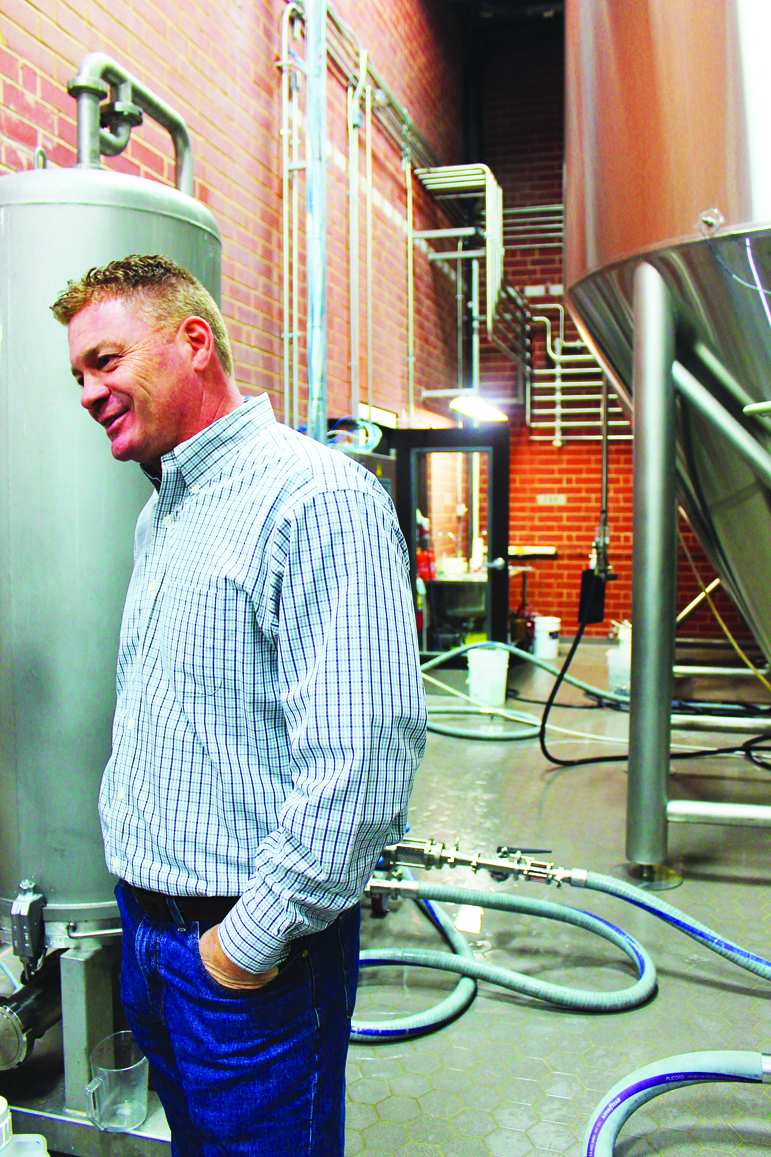Start 14-Day Trial Subscription
*No credit card required

Craft Brewing Investment Trends
‘We love beer. We Want To Make Beer’
When John Cochran thought about transitioning from working at a microbrewery to building one, he was motivated by brewing beer and selling it -- not by possibly becoming a millionaire.
“Our thing was, ‘We love beer. We want to make beer. How can we get out there and make beer?’” recalled Cochran, who launched Terrapin Brewing Company with Spike Buckowski in 2002. “I really believe that’s the way most of the brewers are. Even the new ones today. ‘This is good. I can make beer. My friends tell me the beer is good. I can make a living at this.’”
Part of the Third Wave in the American craft beer movement, Terrapin helped convert the Southeast to flavorful beer territory after setting up operations in Athens, Georgia – which led Cochran and Buckowski to the next challenge. How could they keep growing and could they ever reach a goal of brewing a million barrels of beer each year?
The answer was finding money to replace the initial minority investors, a common concern for craft brewer start-ups who are successful but need more capital to grow. “A lot of us never thought of an exit strategy for our initial investors,” said Cochran. In the case of Terrapin, the exit strategy arrived in the form of a minority equity investment from MillerCoors in 2010. The brewing giant’s Tenth and Blake Beer Company, a division seeking to brew and market more flavorful beer, took a 25 percent share of Terrapin, one of the first signs of money flowing into the U.S. craft beer segment despite the Great Recession.
‘When Money Is Too Easy, It’s Not A Good Thing
When John Marrino opened the Olde Mechlenberg Brewery in Charlotte, North Carolina in 2009, he used minority investors who funded his operation.’ They also invested with loans and as well as taking an equity stake.
An engineering graduate of Tulane, Marrino had made his living selling and installing water treatment systems manufactured in Germany. A frequent traveler to Germany, where he fell in love with German-style beers and brewing, he decided to go into business for himself, focusing on the styles he was already familiar with. From a fully automated brewery, he produces Copper, a Düsseldorf-style alt beer, and Captain James Jack, a German style pilsner, among others.
Emphasizing local sales and self-distribution, Marrino expanded rapidly after opening in 2009 in an industrial park. Now operating from a second, purpose-built brewery, Olde Mech brewed 15,000 barrels last year – all sold within a 20-mile radius of Charlotte. His new facility cost $8.5 million to establish and was financed by bank loans. He also used the loans to replace the private loans from his initial shareholders, who continue to hold an equity stake.
“I think next year we’ll start returning capital to shareholders,” said Marrino, who estimates shareholders have earned 400 percent. “Nowadays it’s a lot easier to get capital in craft brewing. I get five guys a week walking in here asking if they can invest. I turn them away because fortunately I don’t need them.”
Marrino thinks the easy money can be a benefit and a problem. “It’s a double-edged sword,” he said. “It gives a lot of craft brewers the ability to open and a lot of them shouldn’t have the ability to open. We’re going to have some guys that maybe bring down the standard. When it’s too easy it’s not a good thing; it should be difficult by definition.”



